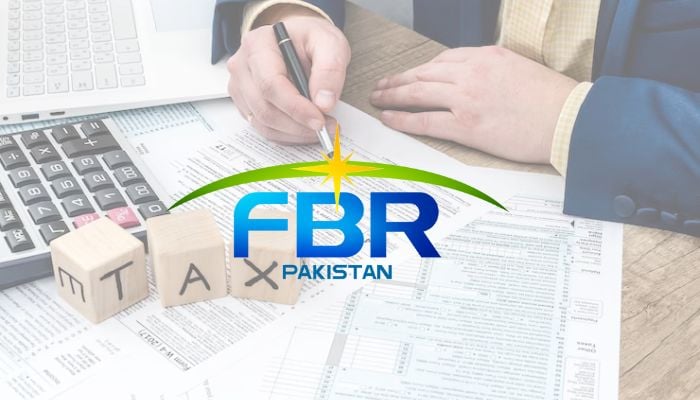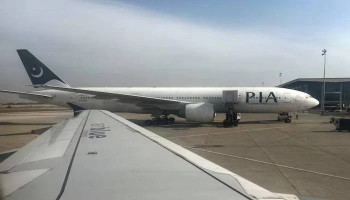
The National Assembly has passed the Rs17.6 trillion for federal budget 2025-26, introducing Rs463 billion worth of new taxes, many of which will impact the digital economy, fuel prices, and conventional vehicles.
However, the bill was approved with strong support from the ruling coalition, clearing the way for the Finance Act 2025 to take effect from July 1, 2025.
Govt introduces new taxes in federal budget 2025-26
This was the second budget presented by Finance Minister Muhammad Aurangzeb under the Prime Minister Shehbaz Sharif-led government. Some highlights of the budget include allocations of Rs8.2 trillion for interest payments, Rs2.55 trillion for defence, and more than Rs1.1 trillion for subsidies.
Most of the new taxes, introduced as a package, are aimed at widening the tax base. For the first time, e-commerce, streaming platforms, couriers that receive cash on delivery, and foreign digital vendors will be taxed.
A climate support levy of Rs2.5 per litre has been added to petrol and diesel rather than subsidising the costs of these fuels, and petrol and diesel cars will incur an additional tax 1-3% to encourage electric cars.
Old-age pensions greater than Rs10 million will be taxed at 5% in years beginning after this budget year, and there is now a Rs10 excise for day-old chicks.
When the government first proposed new measures to prevent unregistered or "ineligible" persons from conducting economic activities by means of very strict enforcement measures to deter any and all transactions, these were softened on the advice of the prime minister.
It is worth noting that the ban is limited to luxurious types of purchases of houses above Rs50 million, commercial properties above Rs100 million, and cars above Rs7 million.
The FBR has continued to maintain its existing powers to arrest individuals suspected of tax fraud but has added safeguards. FBR Chairman Rashid Langrial indicated that the purpose is to direct indisputable attention to registration and the concern thought to involve cash transactions: tax benefits will also be withdrawn for cash payments over determined limits.
















